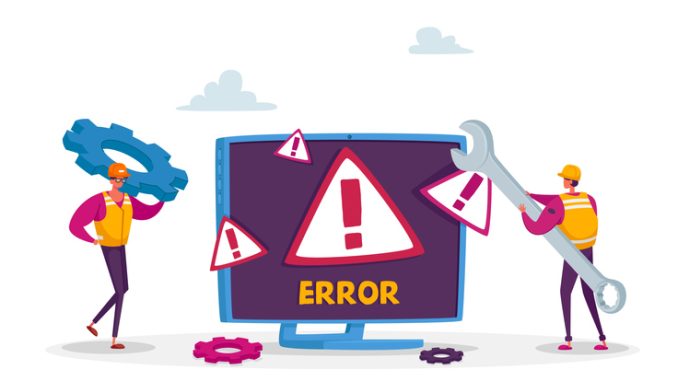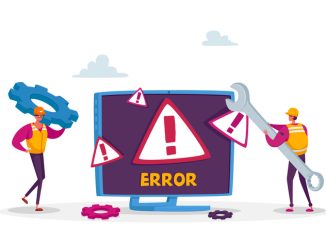
As reported by BBC News, thousands of diagnosis letters go unsent due to IT issues, leading to patient deaths, warns Health Services Safety Investigations body (HSSIB), urging urgent action
“We have seen evidence of patient deaths as a result of IT systems not working,” said interim head, Dr Rosie Benneyworth.
Dr Benneyworth cited the example of a patient who was found unresponsive and then wrongly identified by healthcare staff as not wishing to be resuscitated.
Staff were unable to access information on the patient quickly through their IT system, which would have shown a mistake had been made, said the watchdog.
An NHS England spokesperson said £900m had been invested to help hospital trusts upgrade electronic patient record systems, to quicken doctors’ access to information
Dr Benneyworth said computer failings were found in virtually every HSSIB investigation.
She describes poorly set up and badly used software, with some systems incompatible with others.
“We need to see much faster action in this area so that patients don’t come to any further harm,” Dr Benneyworth said.
The watchdog says examples of serious harm to patients due to IT failures include:
- a patient diagnosed with lung cancer, but not followed up because of IT problems, who died two months later
- another, given the wrong medications because of a mix-up with their electronic notes, who died 18 days later
The HSSIB wants NHS England to issue guidance to all healthcare organisations to improve staff access to critical patient information.
One of the biggest and busiest trusts, Guy’s and St Thomas’ in London, suffered a catastrophic failure when their IT system went down last summer, during a heatwave. A report showed operations were cancelled when doctors could not access medical records, putting some patients at serious risk.
Nizam Mamode, a professor of transplant surgery at Guy’s and Great Ormond Street Hospitals, until he retired last year before the incident, said IT problems were a major issue.
He told the BBC: “There is significant potential for error, for problems arising, for harm arising and I think, therefore, it’s one of the most urgent issues that the NHS faces.”



Be the first to comment